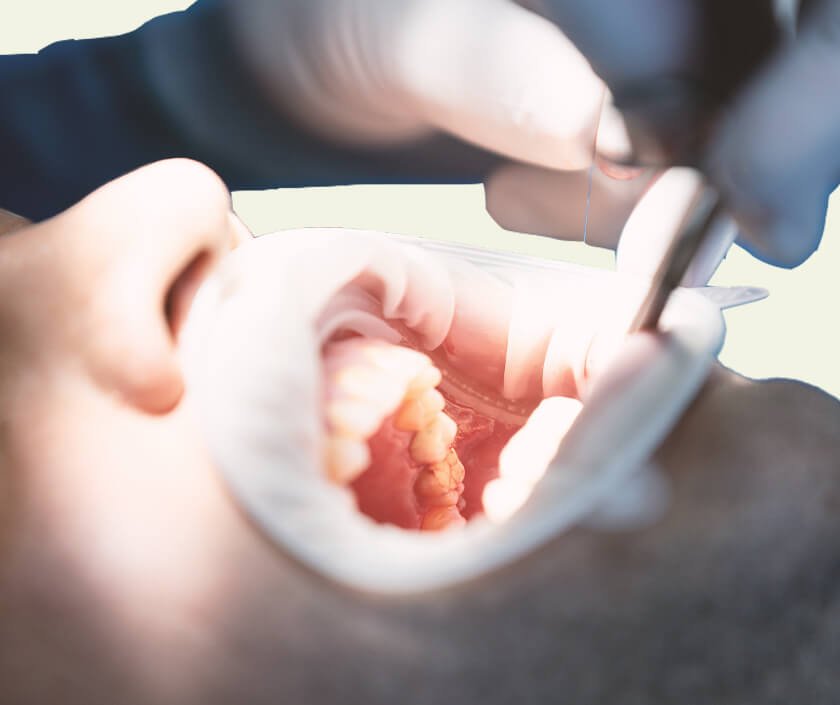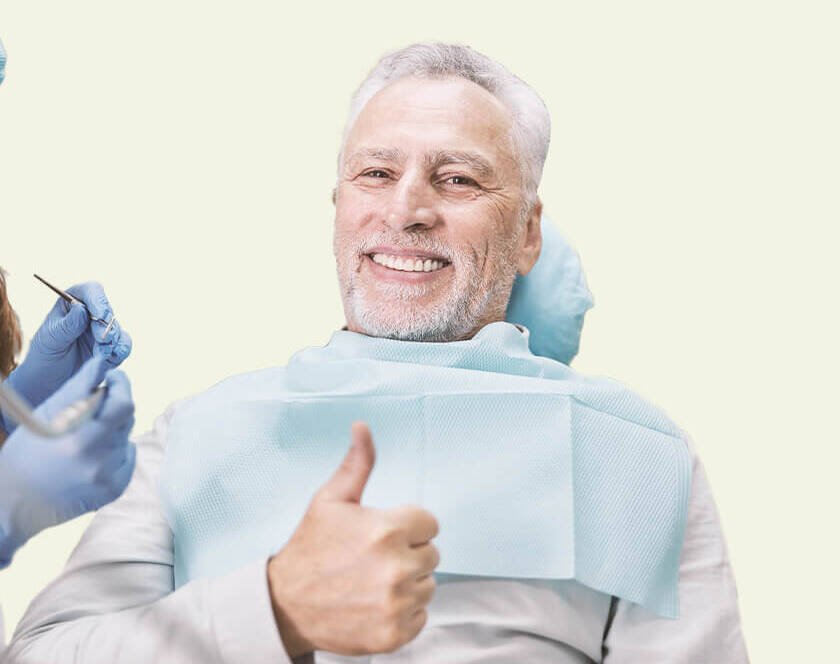In a simplified way, the optimal occlusion is if the maxillary teeth marginally overlap the mandibular teeth on the facial areas and all teeth in the maxillary arch are in full touch with the mandibular arch in a certain pattern. Any deviation from the physiologically appropriate relationship of the teeth is considered malocclusion. Several conditions may make dental occlusion to change, for example, tooth extraction. Without replacing a missing tooth, the teeth start to fluctuate and the tip out of the usual occlusion, and the opposing teeth can erupt to fill the gap. One example is post-orthodontic treatment even with adjustable braces or splints, teeth wander, often requiring occlusal adjustments. Besides, as the teeth are still mobile and fragile, the teeth can “relapse” and transform into a malocclusion.
Occlusal conditions often cause discomfort before the advanced stage is reached. The occlusal-related conditions that can cause pain include TMJ symptoms, primary occlusal damage, advanced periodontal cracks, damaged teeth, and gingival regression that has spread into the gingiva connected to the gingival mucosa. Patients may feel pain as a result of primary occlusal trauma induced by high restoration or insertion of a fixed bridge or a partial denture that puts undue force on the abutment teeth.
Changes, involving discomfort, broader periodontal ligament space, and dental resilience, are reversible if the occlusal damage is removed. Lack of basic knowledge of orthodontic care in patients with occlusal injuries can also contribute to loss of tooth structure. Insubstantial tooth structure can involve chipping of teeth in the edge to the edge of the bite and abrasions that are rounded tooth-shaped notches along the gum line. Abfractions that are not normally caused by abrasive brushing teeth or toothpaste can also cause damage in the form of dentin hypersensitivity, where even the teeth can experience specific occlusal trauma.
Several basic tests and patient awareness can prevent many potential complications with occlusal issues. Through identifying these forms of occlusal issues early and motivating patients to correct and comply with care, dental hygienists may help patients prevent expensive recovery in the future.
Dr. Ashutosh believes in the health and safety of patients, so we have the experts who are excellent in their work as well as brilliant experience holders. We welcome you to come to us for the ideal solution for your complications.
If you have any questions regarding our services, please contact us or call at +91 9879546805.
Hear from our patients
EXCELLENTTrustindex verifies that the original source of the review is Google. Had a vericose vein surgery for both legs.such a supportive doctors and team.Special Thanks to Dr.Aashutosh shah,sunnybhai and all the staff members for wondrful service.Trustindex verifies that the original source of the review is Google. Thank you sir your treatment is very goodTrustindex verifies that the original source of the review is Google. Very happy.. Very good service.. Very good staff..Trustindex verifies that the original source of the review is Google. Amazing staff, totaly supportive. Dr ashutosh sir & his Team totaly take care of the patients & does the procedure properly
Frequently Asked Questions
Having doubts and questions? These are few questions our customers normally ask us!
What causes changes in dental occlusion?
Changes can result from tooth loss, orthodontic treatments, dental restorations, or natural wear and tear over time.
Can occlusal changes be corrected without surgery?
Yes, many occlusal issues can be addressed with non-surgical treatments such as braces, occlusal splints, or dental restorations.
What is the best age for occlusal correction?
While occlusal corrections can be made at any age, early intervention is often easier and more effective.
How does occlusion affect overall health?
Proper occlusion is crucial for chewing efficiency, jaw alignment, and preventing TMJ disorders and bruxism.
What is involved in an occlusal adjustment procedure?
It may involve reshaping the chewing surfaces of the teeth, orthodontic treatment, or reconstructive dental work to achieve a balanced bite.
Is there a recovery period after occlusal therapy?
Recovery varies based on the treatment but generally involves minimal downtime, with patients quickly resuming normal activities.
Contact Us
Ready to discuss? Fill out our contact form for a confidential consultation.








